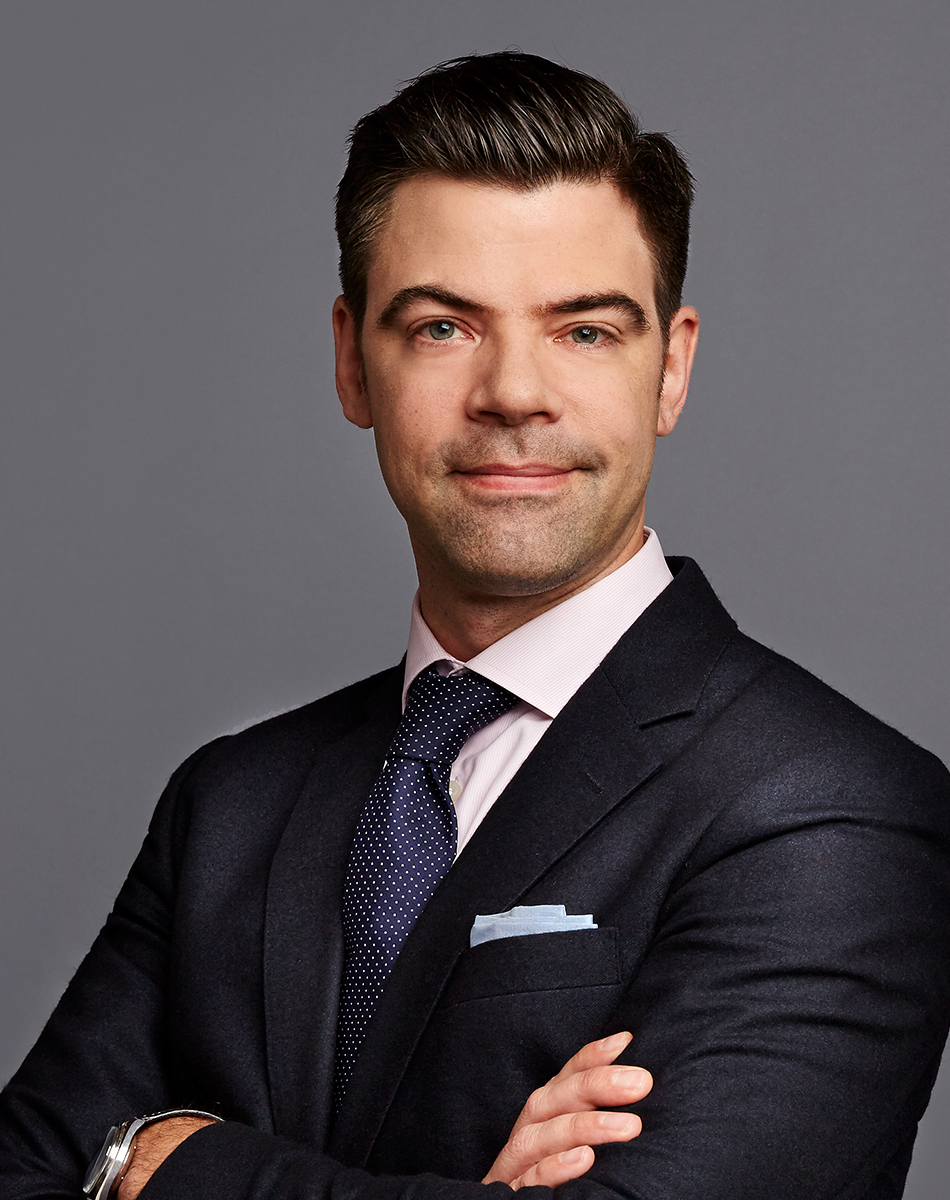The Nordic countries – Norway, Sweden, Denmark, Iceland and Finland – are on the periphery of global law in some ways, but their remote location could also enable them to be pioneers in how legal culture develops over the next decade
While Nordic law firms have to respond to work trends that begin in New York or London, some of their cultural traits – such as a dedication to a strong work-life balance – could prove to be globally influential in turn. The global COVID-19 pandemic showcased the resilience of Nordic law firms, many of which already had flexible and remote work options in place, while their use of legal technology was also more advanced than many markets.
Could the Nordics also be ahead of the curve in terms of developing legal leadership and strategic ideas? Casper Herler, managing partner of Finland’s Borenius Attorneys Ltd., devotes some of his time to finding answers to a core question: Why is there still so little thought about leadership among lawyers?
“This is a people business. Results in the legal industry are highly about people and culture, and especially leadership as a tool,” Herler says. “It’s all about how you lead and how you treat people. So that’s kept me wondering: What is it about leading and lawyers?” Herler teaches a course at University of Helsinki that focuses on this topic. “What is it about the culture of the legal industry that makes leadership an issue that hasn’t been attended to very much?”
In Finland, Herler speculates, the country’s legal culture has a long tradition of prizing individual integrity and individualist thinking. This stems from the roots of the Finnish legal profession over a century ago, in which courtroom judges were among the earliest to be trained in the profession. “It was an emphasis on integrity and the fact that you owned your courtroom and you’re the one who makes the calls,” Herler explains. “You should be dependent on nobody.”
Results in the [Nordic] legal industry are highly about people and culture… It’s all about how you lead and how you treat people.
Yet this approach has its downsides as well, especially in that this method privileges individual actions over a more holistic view of legal work – one that succeeds as a joint effort, whether within a law firm or as a partnership between a lawyer and a client. “That professional identity still exists, even though it fits badly into some cultures and organizations, especially in private practice,” he adds.
In the Nordic countries, legal education should take cues from how engineering or business schools address such issues, Herler argues, noting that in the latter, “leadership is always integrated into the curriculum. We could do much better as lawyers.”
Diversity of background
Herler took an unusual path to becoming managing partner, a position that he assumed at Borenius about five years ago. “I didn’t start in private practice. First, I was a civil servant and then went back to academia.” He earned a Ph.D. in environmental law and liability and did some consulting before he was recruited to Borenius, where he became partner 11 years ago.
Initially, Herler gave scant consideration to becoming a law firm leader. His background and specialty was in environmental and natural resources, and his clients included many global mining companies. The typical partner who takes on a leadership role, he believed, was someone with more of a traditional transaction history. But as “my own interest in building the practice grew, people around me asked if I could take the helm as managing partner when the time was due.”
He tries to impart lessons to his university students from his untraditional path to managing partner. For one thing, he came into the legal industry already having a “brand,” as he was established in environmental law. His experience also taught him what different types of stakeholders think and what they expect. “That might be an area where we see a change in the ways that [legal] careers are structured in the future.”
In the next generation of law students, there’s wariness about the traditional career path where you enter into a law firm directly from university and then you work up to partner, so that private practice is the only factor in your career, Herler says, adding that many students and younger lawyers “want to see and experience more. The thought of working for 10 years at just one place is not that attractive a proposal.”
If a young lawyer makes a lateral move, such as joining the corporate law side of the table, it may benefit not just the lawyer, but could become an asset for any law firm that eventually hires him. Indeed, there are growing opportunities for lawyers to be more strategic, to draw upon their experience to move their business into new areas with clients.

“There are many things happening,” Herler says. “There are ESG [Environmental, Social and Corporate Governance] issues, corporate responsibility issues, and the ability to help clients out by guiding them through large projects. The lawyer role is well-positioned to act as a strategic trusted advisor for those types of things.”
Flexibility as a strategy
The Nordics, like their global law counterparts, had to scramble when the pandemic began. “Like all law firms, we dealt with something unprecedented,” he notes. “We didn’t know how long it would last, or how low activity would drop.”
The downturn in workload turned out to be brief in Finland. By May 2020, the pace of activity was resuming, and Herler was surprised by the intensity of growth in late 2020 into 2021. “It’s been tremendous activity in the past year, especially in the first half of this year.” The volume was enough for Borenius to be among the first Nordic firms to start recruiting again.
One thing Herler noticed, however, was that moving to all-remote work was putting pressure on lawyers, particularly younger attorneys. While the Nordic cultural model stresses a strong work/life balance, there’s always been a tension in the legal industry because regional Nordic firms face global expectations on availability. The move to fully remote work exacerbated this. “There were young people working long hours separated from their teams,” Herler says, adding that there needed “to be leadership there, someone watching over their well-being.”
“I fear that we are creating a legacy, in terms of mental well-being, that we need to be careful of in the legal industry.”
That said, Borenius has tried to be more mindful, with new requirements on partners to check up on associates and understand better what their workload is, he explains. “We’ve developed more intensified monitoring tools on a weekly basis so we could better understand what the total workload of our people is and to see where there are risk factors.”
One of the pandemic era’s key leadership challenges was how to manage an organization remotely, and how to prioritize between short-term client needs and the long-term health of the organization. “You had people out there that you needed to care for, who had a lot of questions for which you didn’t have answers,” Herler says. “For the long-term perspective, we need to take care of our own.”
He says this is a leadership challenge because everyone would like to have your attention and communication is crucial. “You can never communicate too much,” he says, adding that if he could replay the pandemic, he would put even more emphasis on communication. “We did it well enough, but I would do it even more.”






